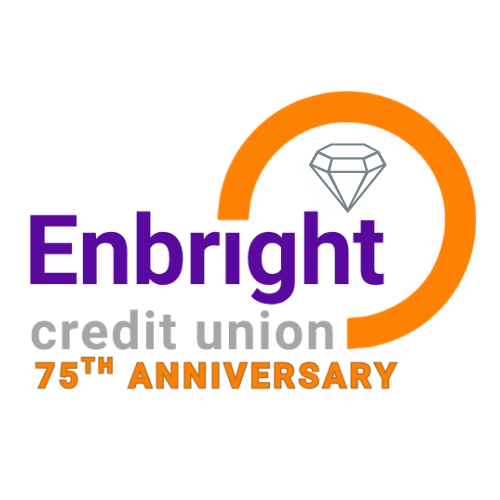What is a Personal Loan?
A personal loan is money borrowed from a financial institution and is paid back with variable or fixed monthly payments over a period of time. Personal loans are flexible with short to moderate-term payment plans. Most personal loan terms can range between one and seven years.
Borrowers can use a personal loan for:
- Debt Consolidation
- Home improvements
- Wedding expenditures
- Medical expenses
- Banks and credit unions offer personal loans, with credit unions not only offering highly competitive rates, but also short term loans, and small dollar loans to cover unexpected expenses or emergencies. Locate a credit union near you to compare terms and fees.
Most personal loans are unsecured. This means they are not backed by any collateral. Additionally, your income, credit score, debt, and other factors will determine if you are approved or not.
If you don’t qualify for an unsecured loan, you may apply for a secured personal loan. A secured loan is backed by collateral or an asset such as your house, car, or co-signer. A co-signed loan requires an additional applicant with a high credit score to guarantee the loan. If you can’t pay the loan, the co-signor is responsible for any missed payments.
Additional types of personal loans include:
- Fixed-rate loans – rate and the monthly payment remain the same
- Variable-rate loans – rate and payments change
- When you pay off a loan at a credit union your membership remains open. If all you’ve ever had is one loan with a credit union, the five dollars used to open the savings account will stay open and active.
What are the Benefits of a Personal Loan?
Personal loans offer greater flexibility in what can be done with the funds. Unlike a car loan which is only used to purchase a car, personal loans are used for a wide variety of needs and circumstances. Personal loans can be used for:
- Moving Costs
- Emergency expenses
- Funeral costs
- Appliance purchases
- Vehicle financing
- Medical expenses
- Vacation spending
- Home improvements
- Holiday expenses
Pros and Cons of Personal Loans
Personal loans have a lot to offer. Personal loans can build credit and consolidate debt into one convenient monthly payment. Consolidating debt through a personal loan is a better financial move than using payday loans. Payday loans can have an interest rate of 400% or higher and must be paid out within two weeks.
Personal loans are attractive because they:
- Have lower interest rates
- Require no collateral
- Can consolidate debt into one payment
- Build credit over the length of the loan
- Offer flexible borrowing limits
Personal loan considerations:
- Fees and penalties
- High-interest charges
- May require collateral
- Create unnecessary debt
Personal loans can be an excellent way to cover planned and unexpected expenses, but consumers need to be aware of personal loan considerations. Be aware of all fees and penalties before signing any documents. Some lenders charge prepayment penalties. Check what the fee is for late payment and origination fees.
Only those with the best credit score will qualify for a low Annual Percentage Rate (APR). If you don’t qualify for a secured loan, you may need to use collateral. If you cannot pay the loan, the lender can keep the collateral listed. If your budget can’t take on another monthly payment, a personal loan might not be the best solution.
What is APR?
The annual percentage rate or APR is the yearly cost of a loan and is always shown as a percentage. An APR for a loan includes fees and is the total price you pay to borrow the money. Try to avoid a loan with a high APR. Determining the APR is simple:
- Add all fees and total interest over the life of the loan
- Divide by the loan principal
- Divide result by the length of the loan
- Then multiply that result by 365
- Finally, multiply by 100 to get the APR as a percentage
How to Apply for a Personal Loan
- Decide on how much to borrow
- Check your credit score
- Shop for the best loan type (fixed or variable, secured or unsecured)
- Gather all personal information (pay stubs, driver’s license, etc.)
- Apply for loan
-
Get approved and start making payments
What You Need to Know About Loans. (n.d.). Default. Retrieved July 18, 2022, from https://www.yourmoneyfurther.com/personal-money-solutions/personal-loans/what-you-need-to-know-about-loans

